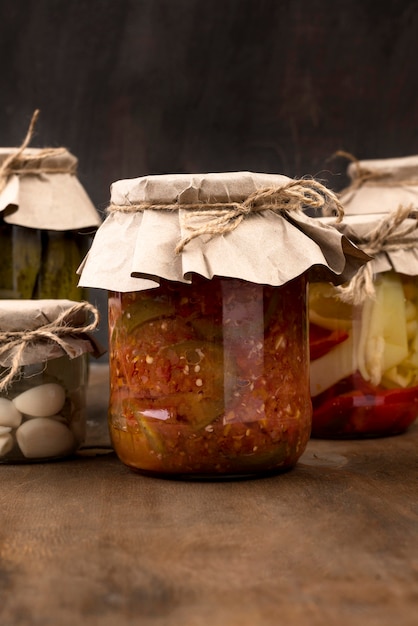
Fermented foods like sauerkraut, kimchi, and kefir are becoming increasingly popular. But do they really offer health benefits? Thirteen years ago, Donna Schwenk faced severe health issues, including preeclampsia during pregnancy and a range of problems like high blood pressure and diabetes after her daughter’s early birth by C-section. Desperate for a solution, she discovered kefir, a fermented milk drink rich in beneficial bacteria.
After introducing kefir into her diet, Schwenk’s health improved significantly: her blood sugar and blood pressure normalized, and she felt better than she had in years. She even gave small amounts to her newborn daughter, Holli, who quickly gained weight. Believing in the power of fermented foods, she later wrote a book about their benefits on gut health, which can influence digestion, immunity, weight, and even mood.
Current research highlights how fermented foods like kefir, yogurt, and sauerkraut contribute to wellness. These foods are credited with improving various health aspects, from losing weight to boosting skin health and energy levels. Studies point to the gut as central to overall health, affecting everything from vitamin absorption to mood regulation.
Fermented foods have been an integral part of traditional diets worldwide for ages, praised for making nutrients more accessible and aiding digestion. Various cultures incorporate fermented dishes into their cuisine, such as Korea’s kimchi and Japan’s miso soup, contributing to their long life expectancy.
However, moderation is key. Fermented foods can cause an upset stomach if consumed in excess. Starting with small amounts is advisable to allow your body to adjust. Fermented foods are rich in probiotics, but they also need prebiotics, like onions and garlic, to help good bacteria grow. It’s important to note that not all products labeled as containing good bacteria are beneficial; many commercial drinks are high in sugar and lack the variety of bacteria present in homemade or naturally fermented foods.
For those interested in trying fermented foods, consider starting with small amounts and gradually including a variety. DIY options, like making your own kefir or sauerkraut, can be a rewarding way to explore these foods.




